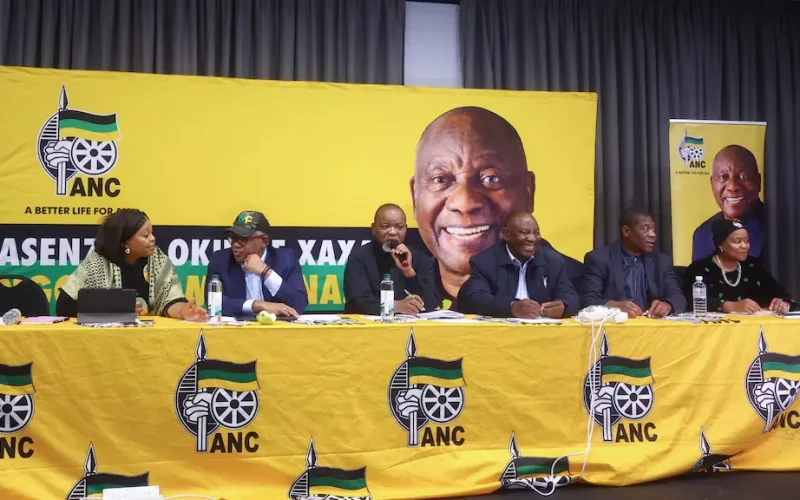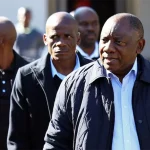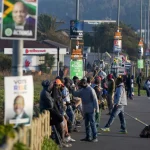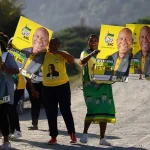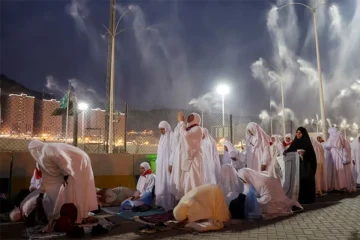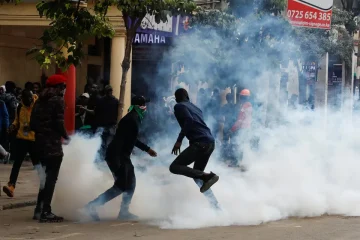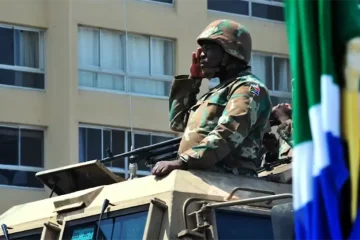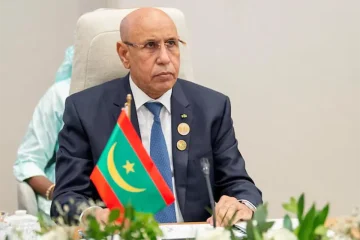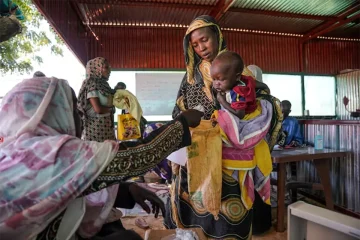SOUTH Africa’s newly elected parliament will convene on Friday, the office of the chief justice said, adding to the sense of urgency for political parties to form a governing alliance after none of them won a majority of seats.
The African National Congress (ANC), which has been in power since the end of apartheid 30 years ago, lost its majority in a May 29 election and is now negotiating with potential governing partners ranging from Marxists to free-marketeers.
The ANC said last week that it favoured forming a broad-based government of national unity, but some of the smaller parties have rejected one another and it is unclear whether any kind of deal will have been reached by Friday and who will be included.
“It’s completely up in the air,” said Ebrahim Fakir, an analyst at the Electoral Institute for Sustainable Democracy in Africa.
“There’s too many variables. There’s too many things that different parties want,” he said.
Punished by voters weary of high unemployment and poverty, rampant crime, rolling power cuts and widespread corruption, the ANC still remains the country’s largest party and will control 159 of the 400 seats in the new parliament.
Its nearest rivals are the pro-business, white-led Democratic Alliance (DA), with 87 seats; the populist uMkhonto we Sizwe (MK) led by former President Jacob Zuma, with 58; and the hard-left Economic Freedom Fighters (EFF) with 39.
The constitution says that a newly elected parliament must convene within two weeks of election results being announced.
At the first sitting, which will take place at a convention centre in Cape Town, Chief Justice Raymond Zondo will oversee the swearing-in of the newly elected or reelected members of the National Assembly.
He will then preside over the election of the chamber’s speaker, who will in turn oversee the election of the deputy speaker. Zondo will then preside over the election by lawmakers of the country’s president.
ZUMA VS RAMAPHOSA
“Theoretically it’s still possible even for a party in minority to elect the president,” said Fakir, citing the process described by the constitution.
It says the president must be elected by a majority of lawmakers, which most experts say means more than 50% of those present at the sitting.
If no candidate gets a majority, the person with the lowest number of votes is eliminated and the process is repeated until someone receives a majority of the votes.
That would suggest President Cyril Ramaphosa, the ANC leader, is highly likely to win a new term in office, although forming a stable government could prove highly challenging.
Ramaphosa had been invited to attend a Group of Seven (G7) meeting in Italy this week, but his spokesperson said on Monday he would not be attending as he needed to focus on domestic priorities.
Business leaders and financial markets would favour a deal between the ANC and the DA, but that option is unpopular with ANC supporters, many of whom regard the DA as a defender of white privilege despite its denials.
An alliance with the EFF would be more popular with parts of the ANC base, but investors have expressed concerns about EFF policies such as nationalising banks and mines and seizing land from white farmers without compensation.
A further complicating factor is Zuma’s MK party, a new entrant that came a surprisingly strong third in the election but has nevertheless been alleging vote-rigging took place and threatening to boycott the new parliament.
Parliament said it had cancelled flights and accommodation for the party’s elected members, citing the need to avoid wasting resources. MK’s spokesperson did not respond to a request for comment.
Zuma openly loathes his successor, and his party has said it will not work with “the ANC of Ramaphosa”.
Forced to quit as president in 2018 after a series of scandals, Zuma was jailed for contempt of court in 2021 after refusing to participate in an inquiry into corruption during his nine years in office, a factor that barred him from running for parliament.
However, he retains a vast and loyal following, especially in his home province of KwaZulu-Natal, where MK came first, trouncing the ANC.
Extra police have been deployed since the election in the eastern province, where Zuma’s sentencing in 2021 triggered deadly riots.

